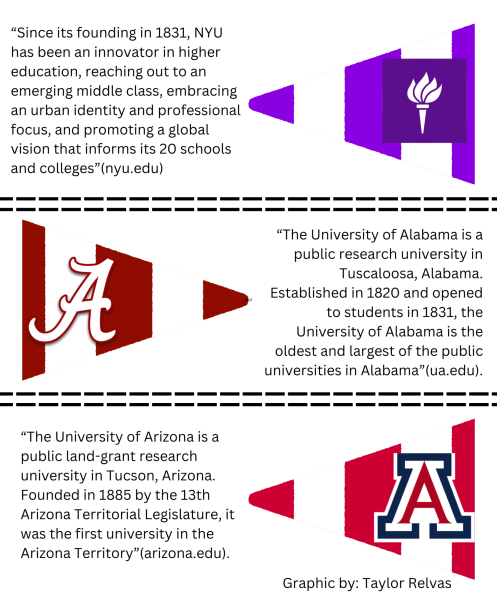SAT should not be deciding factor for colleges

Taking the SAT comes with heavy prices, the Kaplan SAT book itself costs over 80 dollars, while the test costs 52 dollars (68 with essay). There are various other factors that come to play, like test stress and the years that you build up your high school resume. All of these represent how the SAT should not be the determining factor on whether or not a student gets into college.
As students grow older and reach the last two years of their high school career, there is a standardized test that never fails to incite an unhealthy amount of stress into their routine: the SAT.
According to College Board, the organization that administers the SAT, “Over 8 million students took a test from the SAT Suite during the 2018-2019 school year.” The number of students who take the SAT continues to increase as the years go by, which also increases the amount of money College Board makes, as each test costs 52 dollars (68 if an essay is included).
However, the sudden pandemic that has been going back and forth between better and worse since March. Arizona currently has 207,002 cases and counting according to the Arizona Department of Health Services, various SAT tests have been cancelled, one after the other. Being that this is out of the student’s control, colleges across the nation have been dropping their SAT/ACT requirements.
If the SAT can be eliminated in the 2020-2021 school year, does it really need to be a requirement at all?
Throughout your entire high school career, your transcript highlights your journey and all of the work you have done, besides clubs which are put in a separate resume. Yet, one test can be the deciding factor? How can a singular test beat four years of work?
The SAT tests how well students can take a test, not their intelligence, a common theme for standardized tests. There can be a student with a high GPA, who takes multiple AP classes, pushes themselves to do well academically, but does bad on the SAT because they are not a good test taker, even if they study for it for months on end. On the other hand, there can be the type of student that does not study at all for the test, but due to their skills in test taking, they do great on the SAT.
Test taking can also induce a large amount of stress, especially with a test as high-stakes as the SAT, where your future beyond high school lays in the delicate balance of how much you scored out of 1600. According to author Jo-Ann Reteguiz from the US National Library of Medicine National Institutes of Health, “Studies have shown that students with low levels of test anxiety achieve higher scores on multiple choice question (MCQ) examinations than those with high anxiety levels.”
With high anxiety comes constantly double guessing your work, which leads to answers being changed, and eventually a lower score. The daunting feeling of entering the testing center, doubts already clouding the students brain, can be the determining factor of how well you do. If you do bad, you have to go through the entire process all over again, and if you feel just as nervous the next time, the cycle may continue. It is not right to base an entire student’s future through one test score, especially when there are studies that show that emotions, which are hard to control, can be the reason that students do not get the score they deserve. Not everyone does well working under pressure.
There are other reasons to take into account. Studying for the SAT can cost a lot of money. You already have to pay the original cost of 58 dollars to take it, plus additional costs for the additives. Then, there are SAT classes and books that cost hundreds of dollars to be able to purchase. This puts low-income students at a disadvantage. They may not be able to do as well on the test if they cannot afford the resources that are meant to help them with test taking strategies. How is it fair that some students gain the advantage of better preparation, while other students have to simply do what they can to be able to achieve a score high enough to get into colleges?
The SAT being held with such a high regard can cause a lot of trouble. It is by no means a perfect test. There are some benefits that come with it, like better scholarship opportunities and the chance to prove yourself one last time before you graduate.
In the end, however, students should be judged based on their transcript and all of their achievements that took place in the set four years. The pandemic brought the notion to light that the SAT is not a necessity in the process. It can be an addition, but it should not be the determining factor.

Nadine Loureiro is a senior at Perry High School and is in her third year of newspaper. Her beat this year is food critic, which she is looking forward...







